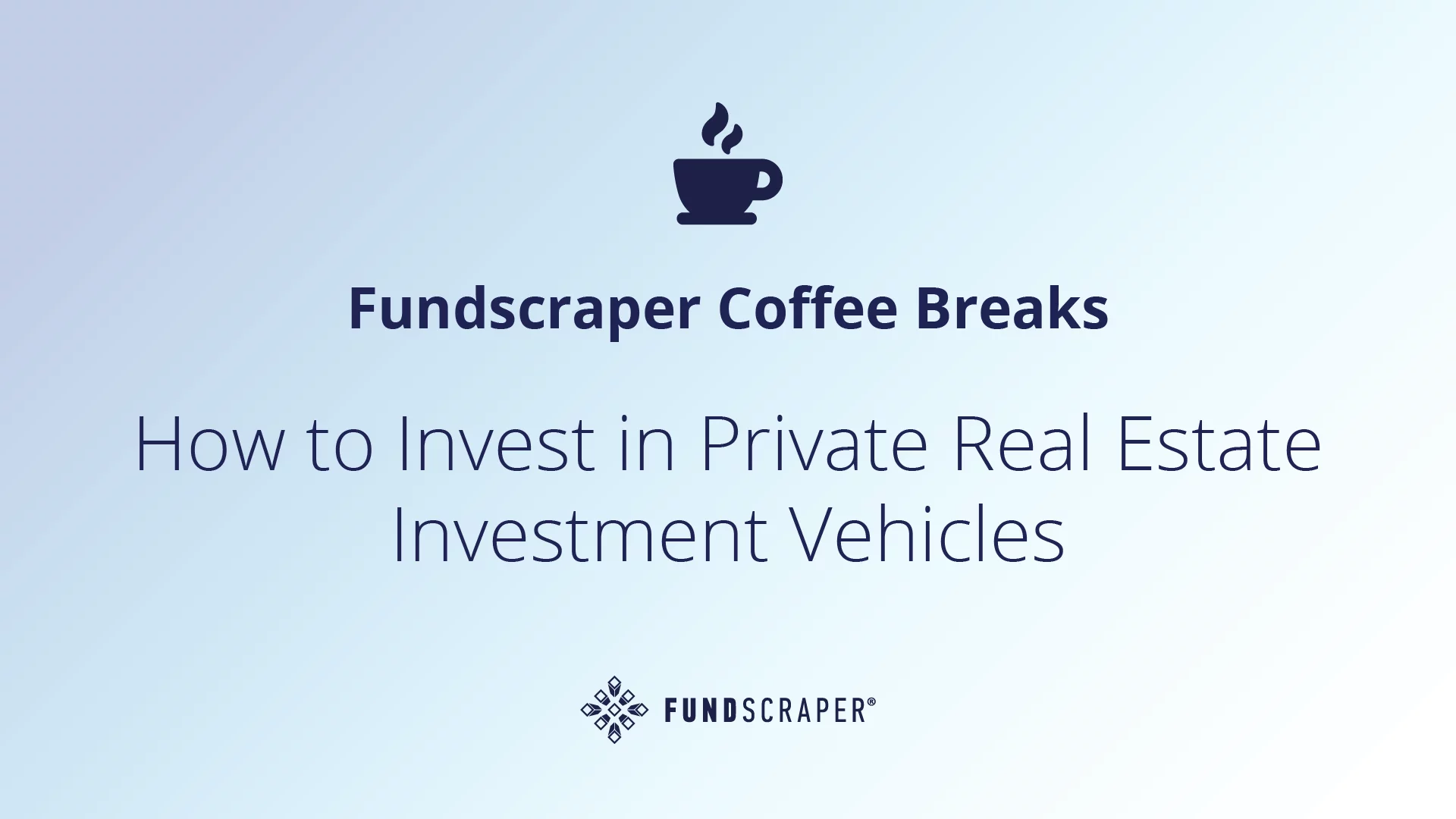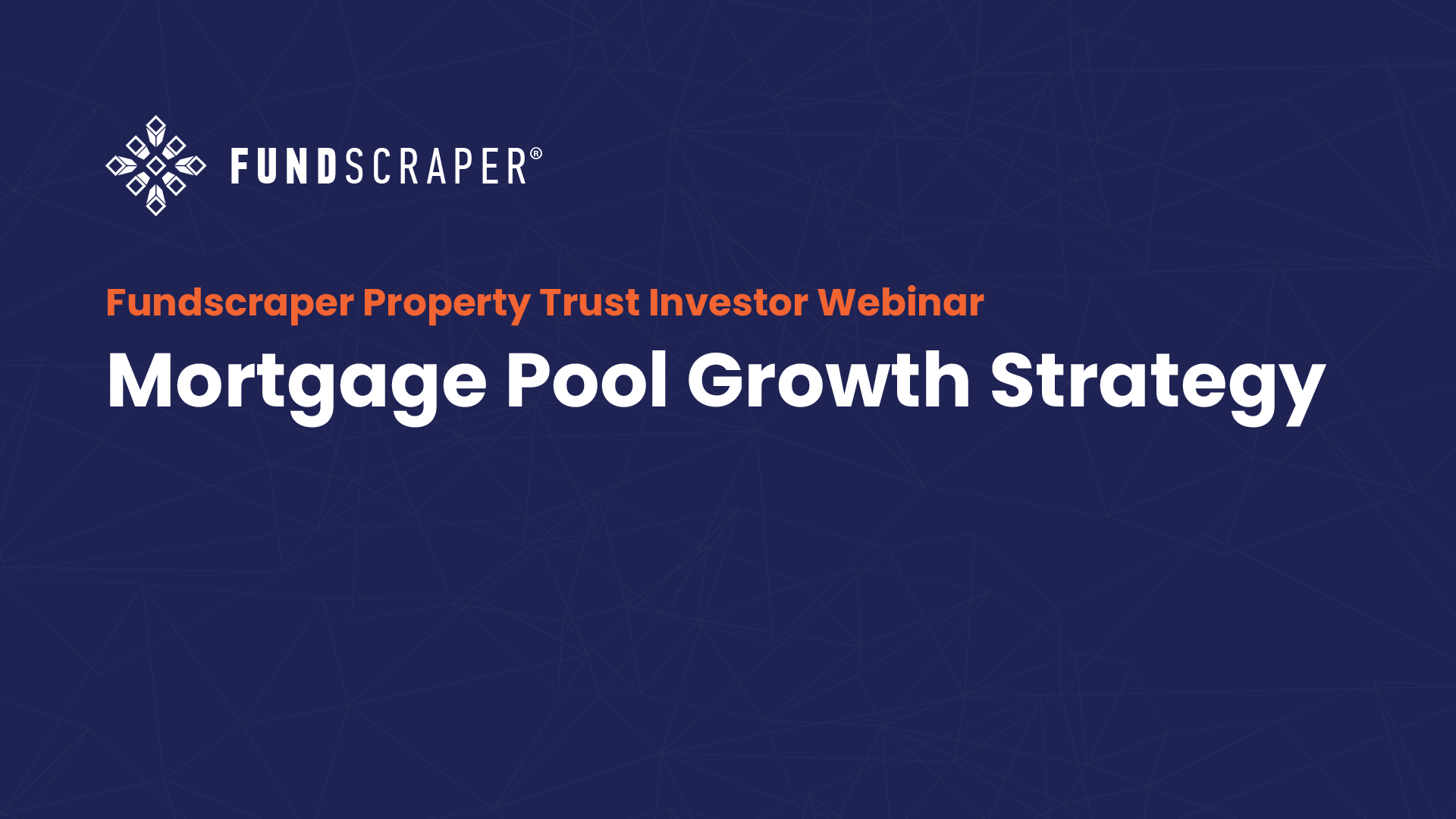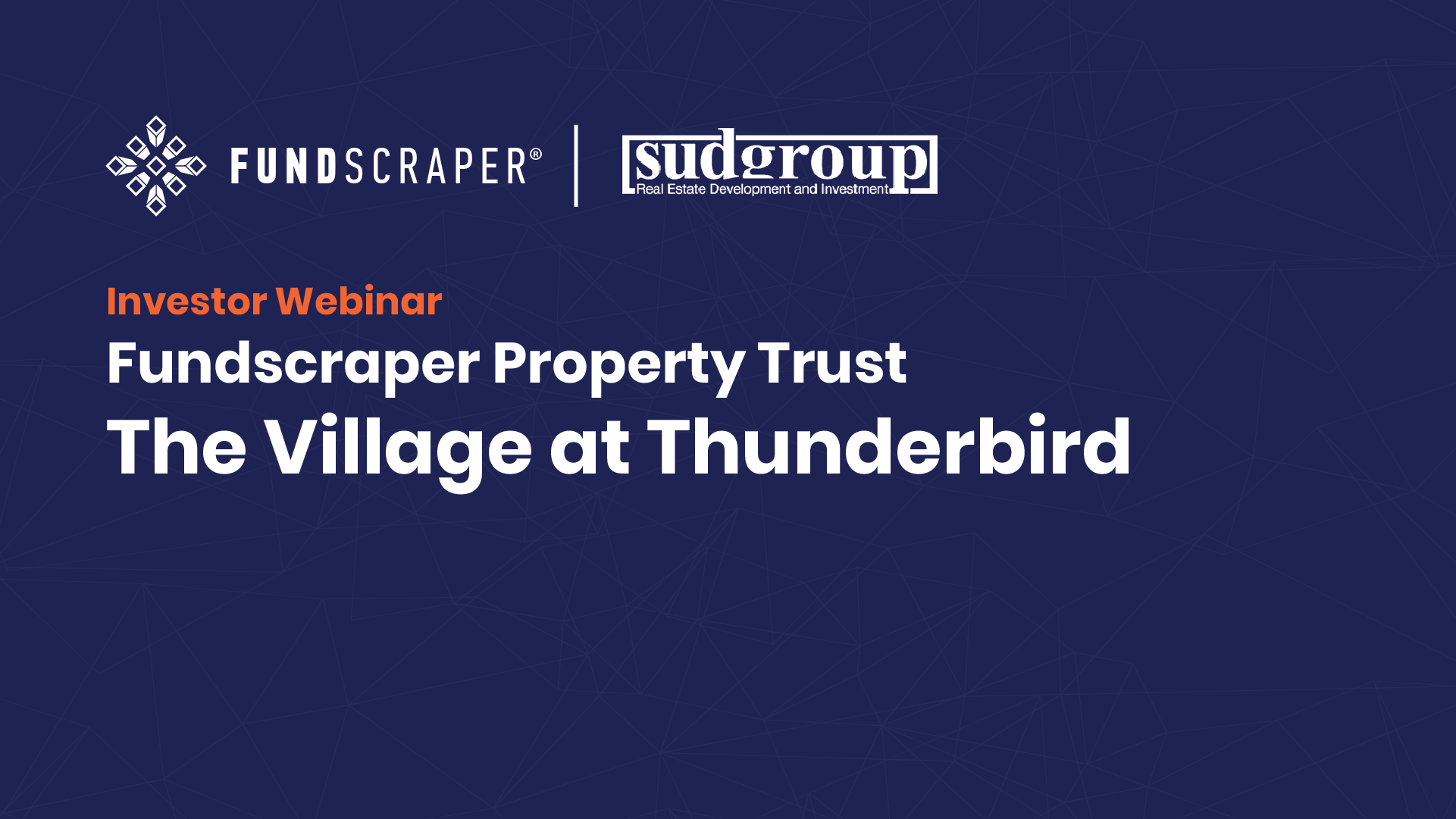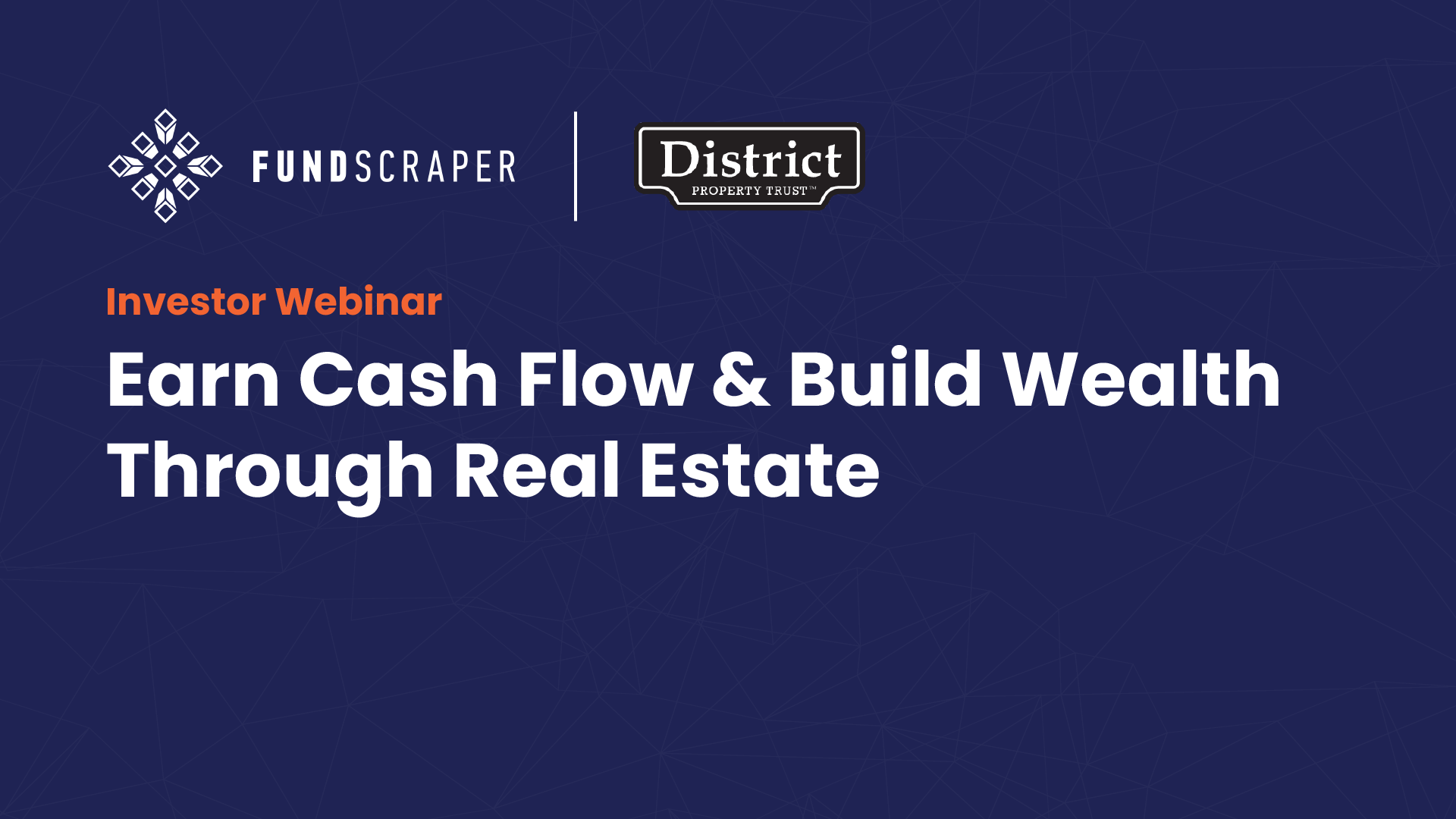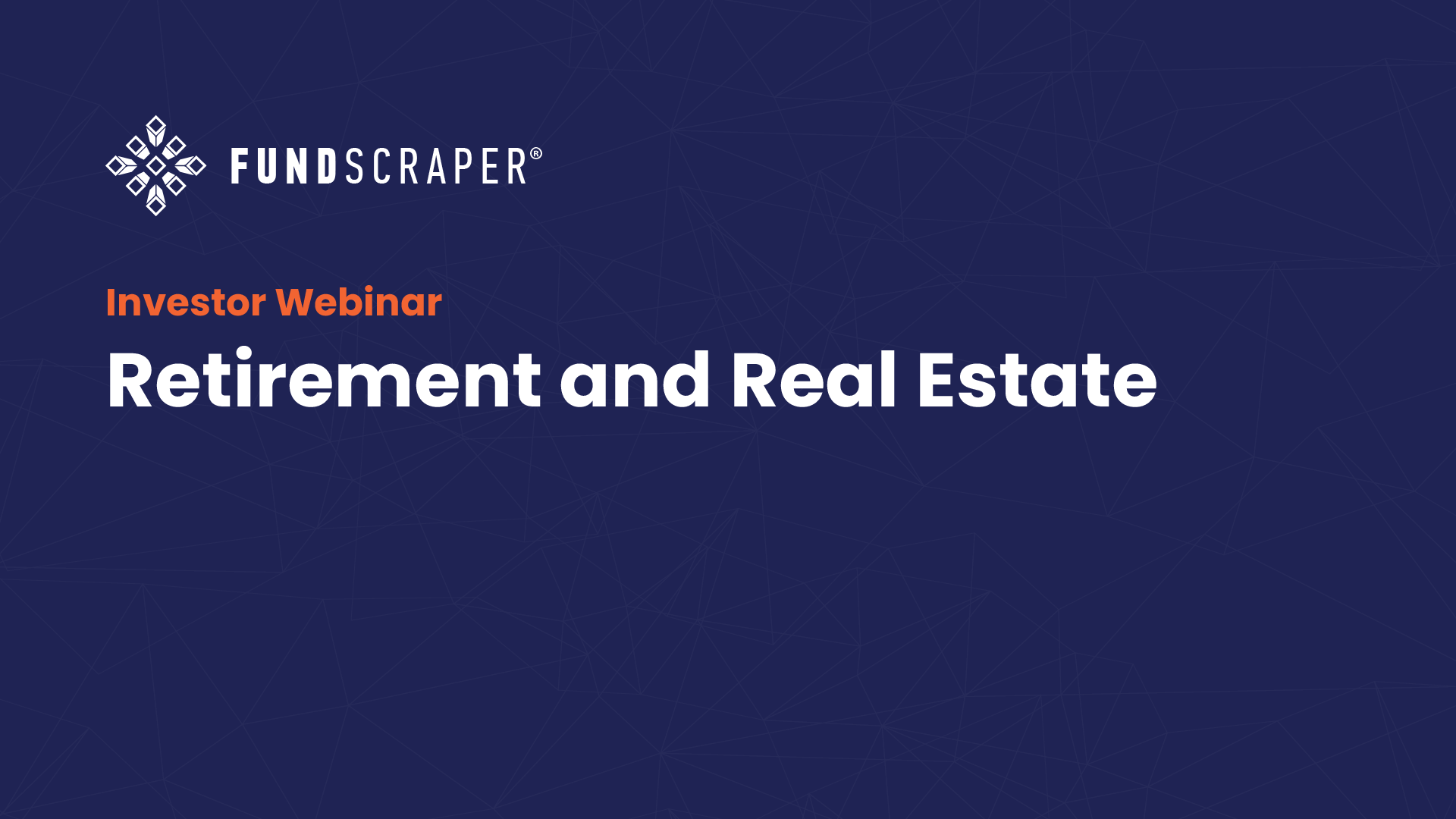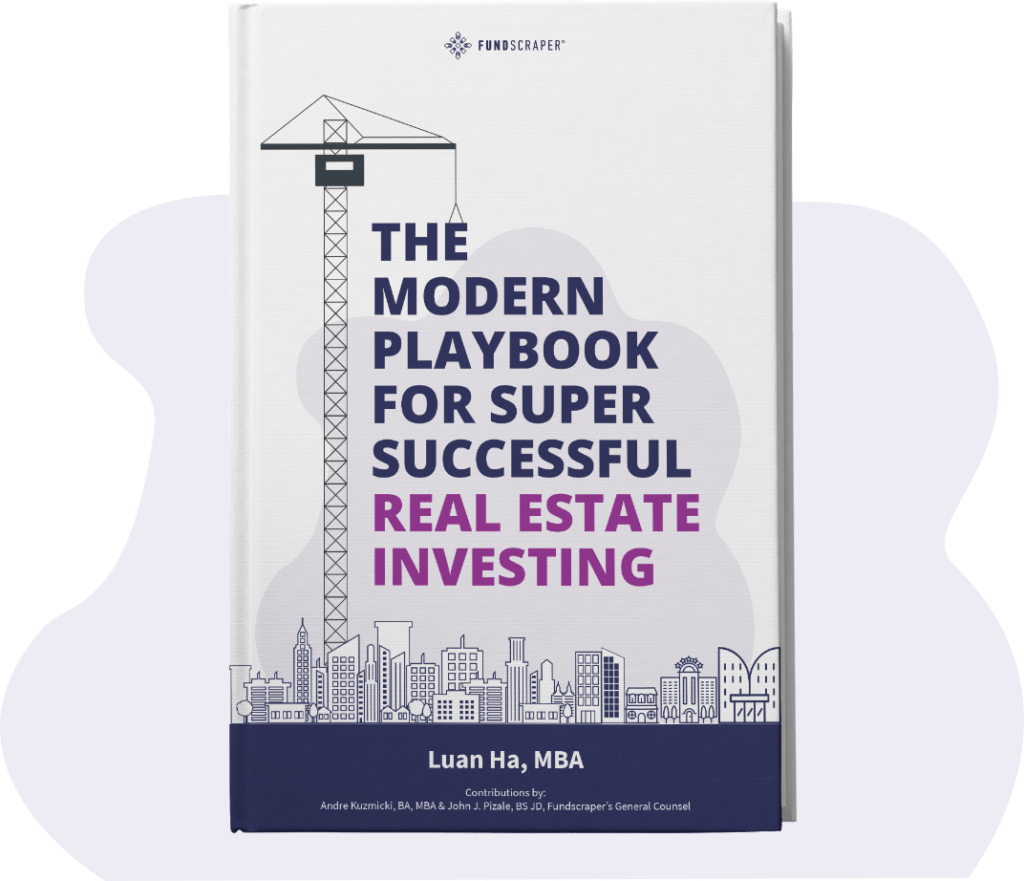The following article will walk you through why investing in real estate investment trusts are advantageous, the different types of REITs, pros and cons of this investment vehicle and finally how to analyze each trust to ensure it’s a good fit for you and your investment goals.
Key Points
- Real Estate Investment Trusts are the lowest-maintenance way to dip your toe into real estate investing. Modelled after mutual funds, REITs are trusts that allow you to passively hold interest in real estate.
- REITs allow investors, such as yourself, to participate in owning income-producing properties that otherwise may have been inaccessible to the average Joe.
- To get into the nitty-gritty, at least 75% of the trust’s revenue must come from rent or mortgage interest from Canadian properties, as well as capital gains from the sale of such properties.
Not too long ago, I opened a new so-called High-Interest Savings Account that’s earning me 0.010% on my hard-earned cash.
Now don’t get me wrong, the name has a very poetic ring to it, but sheesh – you know it’s not great when you have to go down to four decimal places to learn how the bank plans to grow your money!
Like so many Canadians, I knew that while this account would bring me 100% security, it wouldn’t get me very far in terms of financial growth and my long-term plans. And so, my personal financial horizons had to expand to include stocks, bonds, mutual funds, real estate, GICs, EFTs and whatever other combinations of the alphabet the financial sector could throw at me.
At Fundscraper, we firmly believe that as an intelligent investor (which we know you are because you’re doing your homework right now), diversification is key. And part of a well-diversified portfolio includes investing in real estate.
While there are an amplitude of ways to invest in the real estate market (you can read an overview here), one of the most popular among Canadian investors are Real Estate Investment Trusts, also known as REITs (another acronym for you to file away in your memory).
Here’s Why You Should be Investing in Real Estate Investment Trusts
Real Estate Investment Trusts are the lowest-maintenance way to dip your toe into real estate investing. Modelled after mutual funds, REITs are trusts that allow you to passively hold interest in real estate. They allow investors, such as yourself, to participate in owning income-producing properties that otherwise may have been inaccessible to the average Joe.
REITs come in many shapes and sizes and often hold interest in specific forms of property, whether it be apartment complexes, office buildings, shopping malls or industrial spaces – spreading your investment over multiple properties and across many regions. Simply put, they aggregate capital from investors, which they then use to acquire, build, operate and/or update these properties.
To get into the nitty-gritty, at least 75% of the trust’s revenue must come from rent or mortgage interest from Canadian properties, as well as capital gains from the sale of such properties.
When you invest in a REIT, the Trustees of the REIT hold the legal title to manage the trust on behalf of the unitholders (you), so no decision making is required on your part. These Trustees have a fiduciary duty and the income that is earned by the trust is passed onto the unitholders.
REITs pay out almost all of their taxable income to shareholders, which makes their dividends attractive. The average Canadian return on a REIT is around 4% – that’s 400x higher than that “high interest savings account” we talked about earlier.
Bottom Line: REITs work in a similar fashion to how an investment property (such as owning and renting out a single-family home) earns rental income. However, unlike owning a rental property, REITs help you avoid the headache of property management, and best of all they trade on the stock exchange, making them more liquid than traditional real estate.
Types of REITs
Now that you know how REITs work, let’s explore the different types of REITs that you can invest in.
Equity REITs
When most people talk about REITs, they’re talking about equity REITs.
Equity REITs derive most of their revenue from rent collection and from the sale of the properties they own. These REITs tend to specialize in owning certain types of buildings such as apartments, malls and/or resorts. Because a majority of their revenue is generated through rent collection, it’s fairly straightforward to calculate their payouts, providing relatively stable income to their unitholders.
Equity REITs, however, tend to be more sensitive to recessions and booms, often following the cyclical nature of the stock market. Like most markets, they are susceptible to swings in supply and demand, where too much supply can lead to lower rental income, in turn lower payouts for investors.
Mortgage REITs
Just to make things confusing, mortgage REITs are also sometimes called mREITs or debt REITs. However, regardless of the naming convention, they offer their own set of benefits.
Unlike equity REITs, mortgage REITs make loans secured by real estate, but do not own or operate the properties themselves. By providing financing for these income-producing properties, mortgage REITs earn interest off these investments, which they then pay out to their unitholders.
Like equity REITs, individuals can buy shares in these REITs via the stock exchange, just like would for any other stock.
Of interesting note, mortgage REITs tend to perform better than equity REITs when interest rates are rising. However, changes in interest rates may also affect the probability that some borrowers will refinance or repay their mortgages – there’s two sides to every coin.
Pros and Cons: What You Need to Know
Pros
- No Property Management – We often consider real estate a passive form of investing. However if you buy a property and rent it out to a negligent tenant, it can be a huge time suck. REITs help you avoid being a property manager altogether.
- Liquidity – Many REITs are traded on the public stock exchange. That means that unlike owning traditional real estate, you can sell your share with a quick phone call.
- Portfolio Diversification – REITs invest your money in multiple properties, in multiple different areas. This helps to diversify your portfolio and ensure that all your eggs aren’t in one basket.
- Access to Commercial Properties – REITs open up investors to a whole host of properties that most real estate investors wouldn’t typically have access to. It’s not everyday that the average investor could go out and buy a multi-million dollar apartment complex.
- Avoid Double Taxation – Unlike many investment vehicles, REITs pay out their distributions before they pay tax. This means that you avoid double taxation – helping you build wealth.
Cons
- Lack of Control – Unlike when you buy a home and rent it out, as a unitholder you have no say in what properties you want to invest in or where they are located. While you don’t get to scope out the property first, you have to trust that the Trustees have done their due diligence – rest assured, they earned the name “TRUSTee” for a reason.
- Property Specific Risks – As mentioned, REITs tend to specialize in a specific type of property, such as an office building REIT. It’s important to note that each type of property has risks associated with it and are susceptible to different economic conditions. This can be seen in the transition to work from home, in the case of office buildings.
- Investment Time – Like most real estate, REITs are best suited for longer term investments. It is recommended for investors looking to invest their money for 5+ years.
- Slow Growth – In Canada, a REIT is required to distribute 90% of its profits to investors. Unlike penny stocks which don’t typically offer dividends and instead re-invest those earnings, REITs only have the remaining 10% of profits to grow the company by investing in additional properties. This means that you most likely won’t see your investment take off within a year or two.
How to Analyze REITs
Since REITs are dividend-paying stocks, they can be analyzed in a similar way that you would analyze other stocks, with a few minor differences. Before crunching the numbers, it’s important that you first look at the following factors:
- The REITs’ Tenants – Are any of the tenants having major financial issues? This will likely affect their ability to repay their loan or pay their rent.
- Acquisitions and Dispositions – Is the REIT growing their portfolio? Are they shrinking? Neither one of these is inherently good or bad, but it’s important to make note of and understand why they took those actions.
…now to crunching the numbers. Once a REIT looks like a solid investment opportunity, you need to make sure you’re paying a fair price for the stock.
Funds from Operations (FFO)
Following the General Accepted Accounting Principles (GAAP) , REITs must charge depreciation against their assets. However, as you likely know, many real estate properties generally appreciate in value over time, not depreciate. The depreciation expense can have a substantial impact on their reported net income and make a dividend payout ratio appear higher than it truly is.
Additionally, we must account for the capital gains or losses from the sale of property. While these gains and losses are real, they’re not indicative of how much cash flow you can expect the REIT to generate in the future, so it’s important that we exclude these values to get a better understanding of the REITs performance.
That’s where Funds From Operation (FFO) comes in. This quick calculation gives investors a clearer picture of the REITs true earnings. It is calculated using the following equation:
FFO = Net income + depreciation expense – gains on asset sales + losses on asset sales
Adjusted Funds from Operations (AFFO)
It’s important to note that each company calculates AFFO slightly differently. However, AFFO provides further adjustments to the REITs FFO to provides and even more accurate measure of the REITs performance. In the standard FFO calculation, we do not account for capital expenditures (CAPEX). Using AFFO, we deduct any capital expenditures to give a more accurate valuation.
But utilizing these calculations, you’ll be able to get a better understanding of the REITs performance and if the REIT is undervalued or overvalued in comparison to other REITs.

